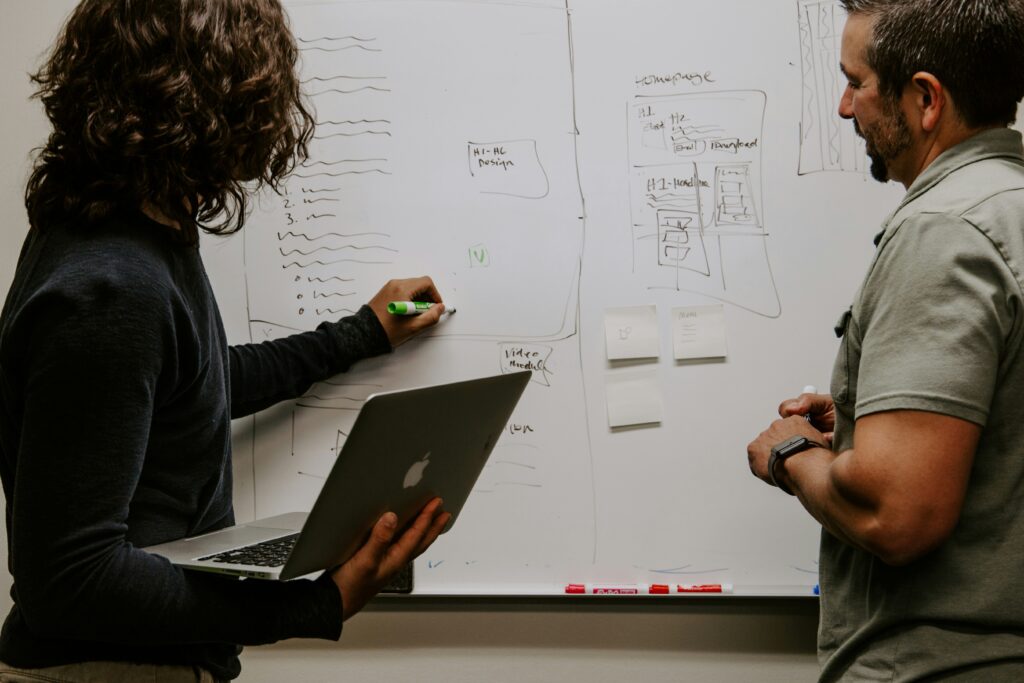
Nirupama Yechoor, MD, MSC, from the Department of Neurology at Massachusetts General Hospital, has led a groundbreaking study published in JAMA Network Open that sheds light on the often-overlooked challenges faced by stroke survivors. Her paper, titled “Coherence of Stroke Survivors’ Lived Experiences and the Stroke Specific Quality of Life Scale,” explores the multifaceted journey of recovery beyond the hospital setting.
The study emphasizes the importance of understanding the lived experiences of stroke survivors and their care partners to optimize both health and wellbeing. Conducted across the United States, it is one of the largest qualitative studies of its kind and highlights the need for a more comprehensive approach to stroke recovery.
Understanding Stroke Recovery Beyond Physical Health
Dr. Yechoor and her team embarked on this study with a clear goal: to identify the factors that influence physical and emotional wellbeing after a stroke, as described by the survivors themselves. The research aimed to evaluate whether existing questionnaires, such as the Stroke Specific Quality of Life (SSQoL) survey, effectively capture these elements.
Through qualitative research methods, the team engaged with 41 stroke survivors and caregivers from October 2023 to December 2024. These interactions revealed that while physical recovery is often prioritized, emotional challenges like stigma, uncertainty, and identity loss are equally significant.
“We found that stroke recovery is shaped by more than physical factors — stroke survivors shared that their emotional recovery is just as important,” Dr. Yechoor explained.
Key Findings and Implications
The study identified five critical factors affecting stroke recovery: loss of independence, fear of uncertainty, reduced community participation, feelings of shame, and decreased physical mobility. While the SSQoL survey captures some of these aspects, it falls short in areas like shame and uncertainty, suggesting a gap in current clinical practices.
These findings have significant implications for future stroke care. The research team has partnered with stroke survivors to pinpoint priorities for clinicians to address during follow-up care. Additionally, the study highlights the need for alternative care models that encompass a broader spectrum of recovery elements.
Expert Opinions and Future Directions
Experts in the field of neurology have praised the study for its innovative approach. Dr. Jonathan Rosand, a co-author and leader in stroke research, emphasized the importance of integrating patient experiences into clinical care. “Understanding the lived experiences of stroke survivors is crucial for developing interventions that truly meet their needs,” he stated.
Moving forward, the research team plans to develop interventions that address more than just physical recovery. These interventions will be crafted with input from patients and care partners, ensuring that they are both comprehensive and patient-centered.
“The willingness of stroke survivors to share their stories has been inspiring for our team,” Dr. Yechoor noted. “Their resilience motivates us to continue this important work.”
Funding and Authorship
This study was supported by grants from the Bugher Collaborative Project, with contributions from a diverse team of researchers, including Devanshi Choksi, Mary Craven, and others. The work underscores the collaborative effort required to advance our understanding of stroke recovery.
Dr. Yechoor and her colleagues hope that their findings will pave the way for more inclusive and effective stroke care practices. By acknowledging and addressing the full spectrum of recovery challenges, they aim to improve the quality of life for stroke survivors worldwide.
As the medical community continues to explore these findings, the next steps involve translating research into practice, with a focus on interventions that prioritize both physical and emotional recovery. This comprehensive approach could redefine stroke care, offering hope and improved outcomes for countless individuals.





